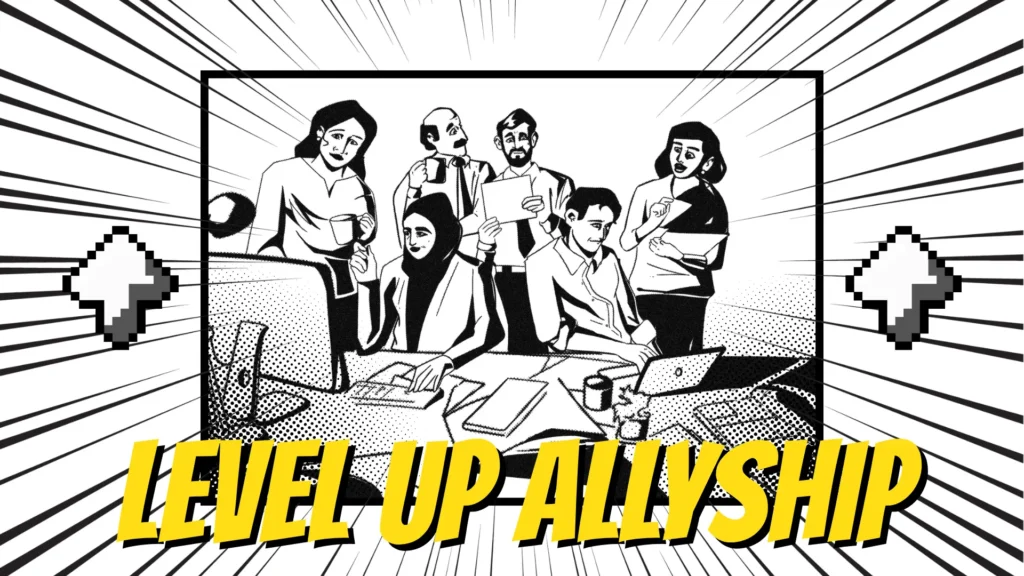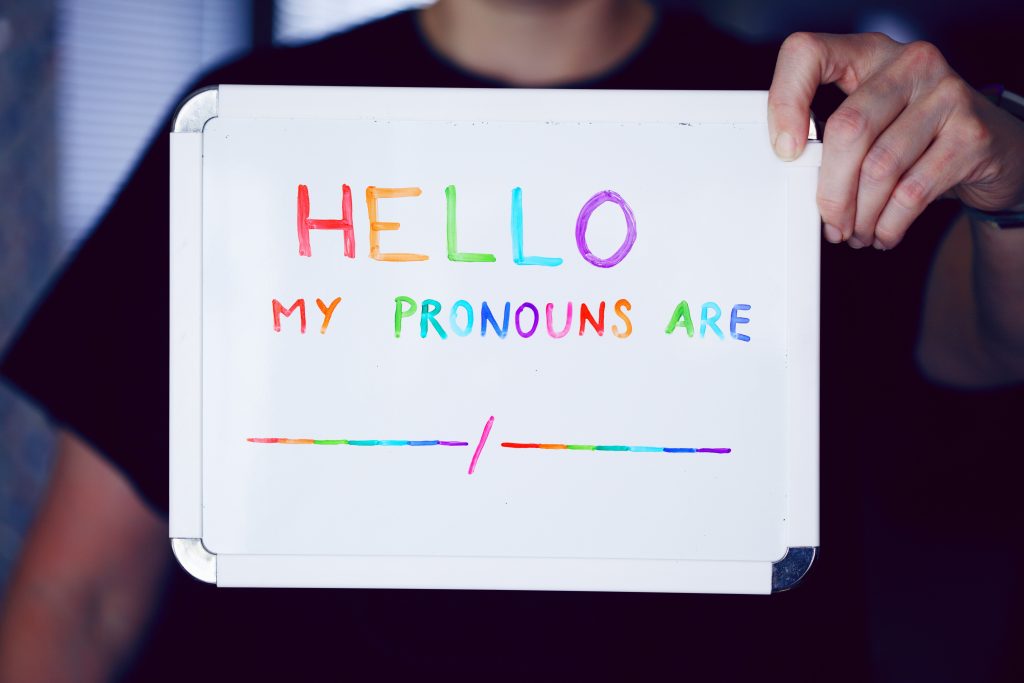“Anatomy of a Scandal” exposed flawed victim tropes. Embracing nuanced survivor accounts and evidence-based inquiry ensures fair workplace processes.
Misgendering harms cohesive workplace environments; practising pronouns shows basic respect for colleagues. Here's how we think you can do it best:
Gaslighting at work (veiled criticism or blame-shifting) erodes confidence. Recognise patterns early to safeguard wellbeing and restore trust at work.
Consent Part III explores informed, enthusiastic agreement. Respecting autonomy, ensuring clarity and prioritising communication builds safe relations.
Consent Part II reveals how law and power shape agreement. Boundaries, choice and respectful negotiation are key to integrity and mutual understanding.
Consent means clear, voluntary agreement without pressure. It requires capacity, awareness and ongoing affirmation which are the foundations of trust and respect.
Preventing gendered harassment requires inclusive policies, open reporting and allyship. Targeted training and accountability help shift workplace culture.
Workplace compliments should be respectful, genuine and context-aware. Focus feedback on effort, skill and achievements, not appearance or personal traits.
Is ‘harmless’ behaviour worth harsh penalties? Consider intent, impact and consistency. Investigations must balance fairness, evidence and accountability.













